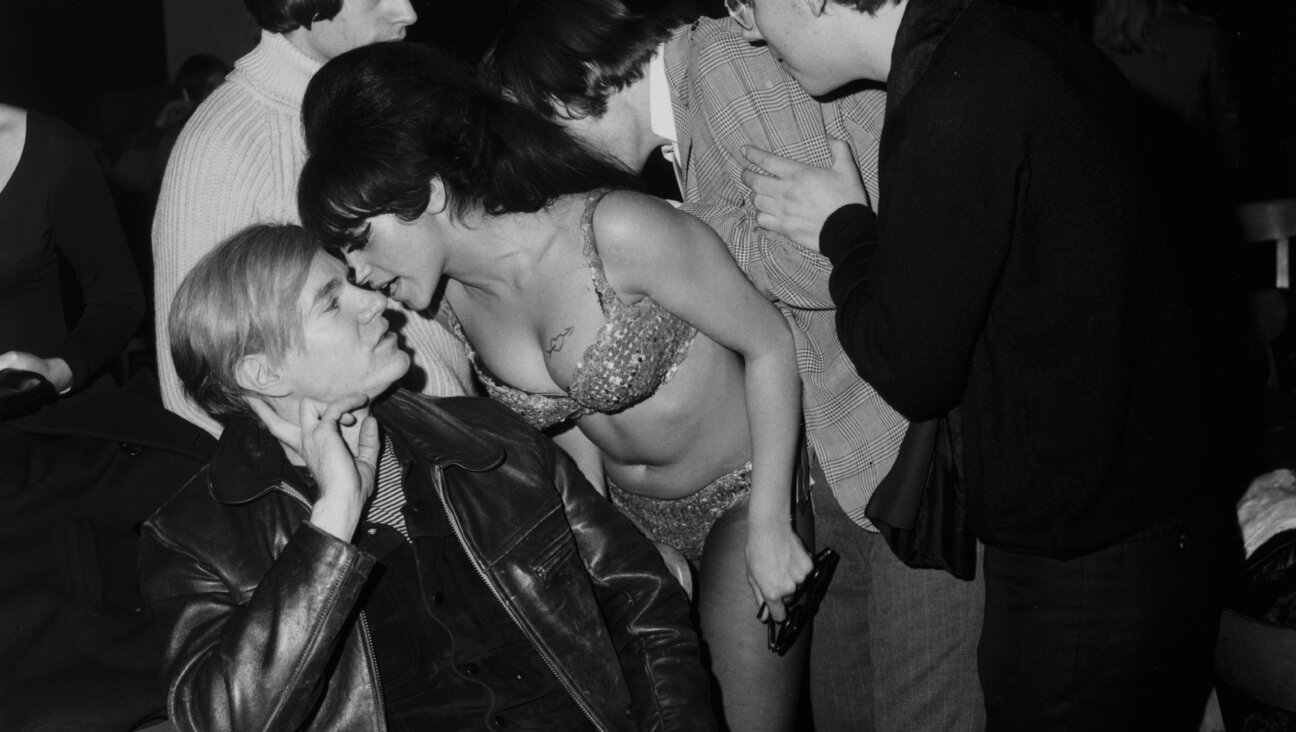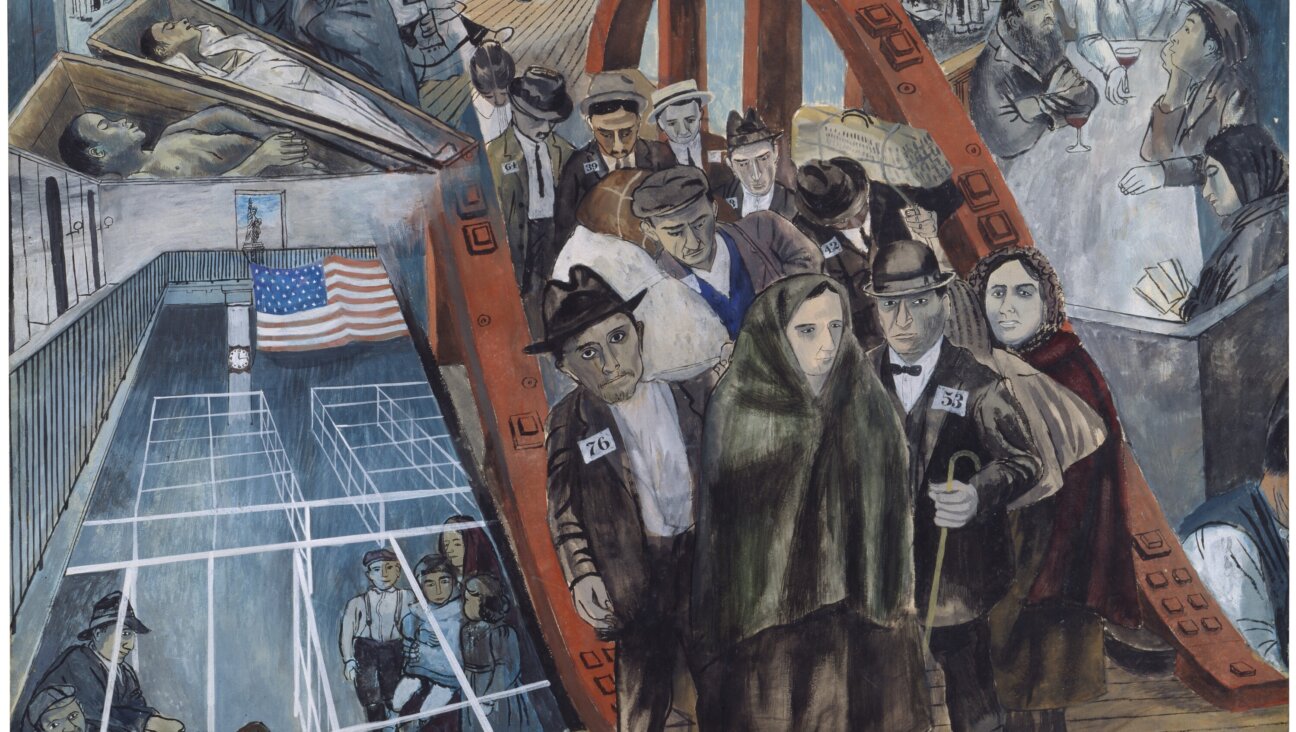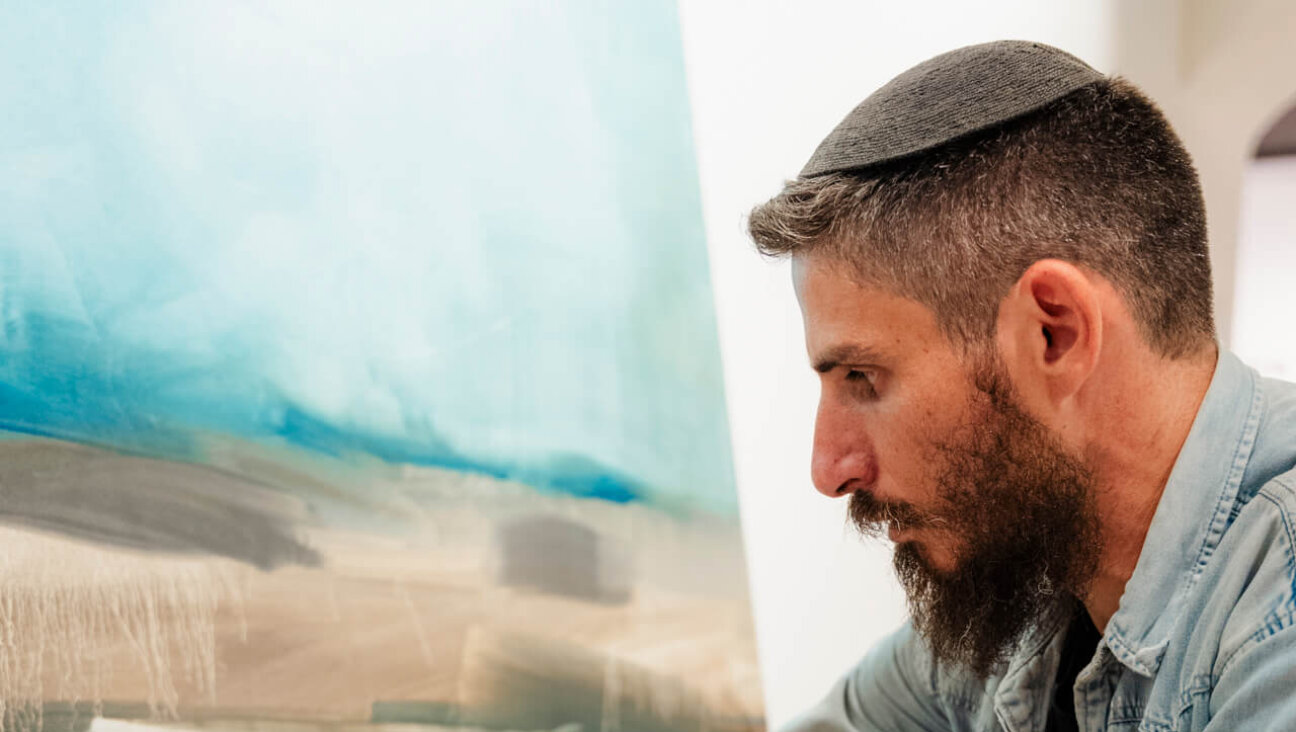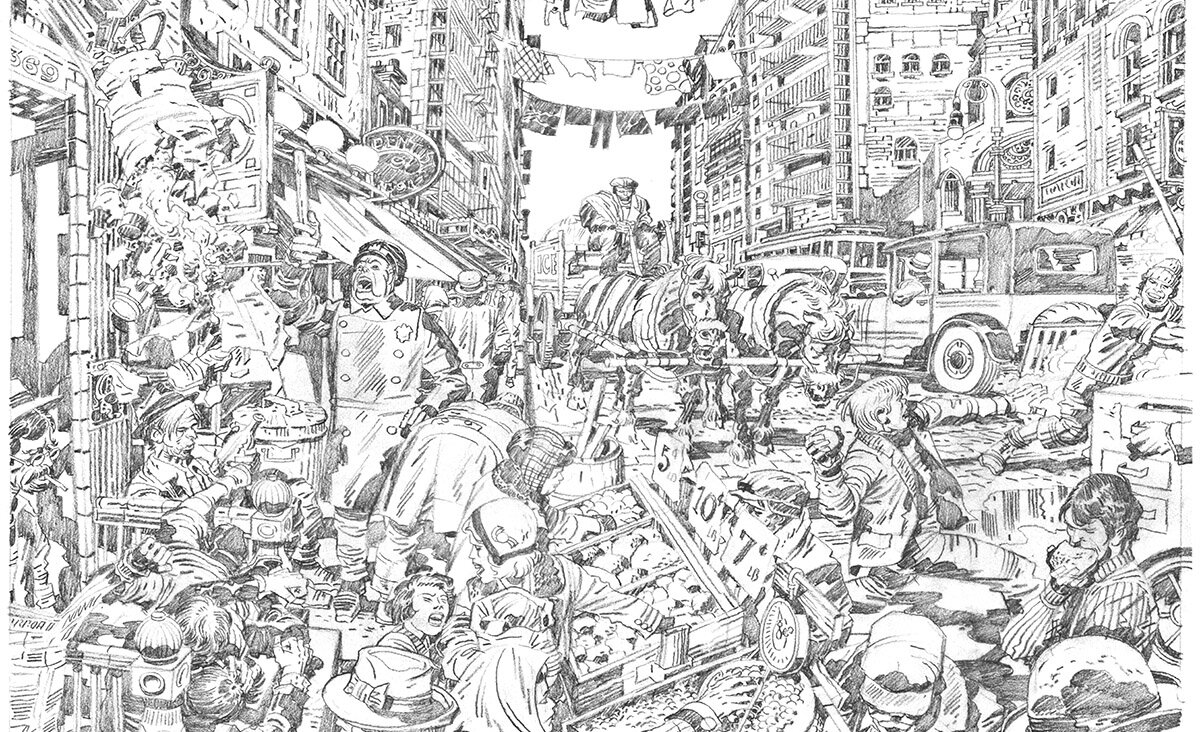Director of Holocaust Museum Fears Its Lessons Are Timeless

Sara Bloomfield of the Holocaust Museum Image by Getty Images
Sara Bloomfield joined the United States Holocaust Memorial Museum in its early stages, years before the project turned into one of the nation’s most visited landmarks on the National Mall in Washington.
Now, after serving as director of the museum for 18 years, Bloomfield, 67, is tasked with leading the institution during a time when anti-Semitism is on the rise in America, and when political forces are slow to condemn manifestations of racism.
In the past year, the Holocaust museum has found itself stepping into the debate over the response to white supremacist marches and speaking out against acts of vandalism directed at Jewish institutions. At the same time, it has entered another political minefield after issuing, and then retracting, a report critical of the Obama administration’s response to the Syrian civil war.
Bloomfield talked with the Forward’s Nathan Guttman about these developments and how the Holocaust museum has responded.
Nathan Guttman: How do you see the responsibility of the Holocaust museum in light of the wave of anti-Semitism America is experiencing?
Sara Bloomfield: There’s no doubt we’re experiencing a resurgence of anti-Semitism in the United States and in Europe and in the Middle East. The most important thing we can do right now is to get our message about Holocaust education to an even broader audience and reach people that we’ve never reached before, whether they are in the United States, Europe or the Middle East. We want people to look, not just at the fact that the Holocaust happened, but what made it possible. And obviously anti-Semitism is key to that. Another important lesson we as Holocaust educators have here is not only about what happens when anti-Semitism goes unchecked — obviously the Holocaust being the ultimate example of that — but also Holocaust history teaches that the hatred started with the Jews, but it did not end with the Jews. That’s a very important lesson for all societies in all times, but obviously we’re experiencing a unique moment in American and world history right now.
Does the fact that young Americans were marching in the streets of Charlottesville, Virginia, chanting “Jews will not replace us” indicate a failure of the Holocaust education system?
Anti-Semitism has been appropriately called “the longest hatred.” That it never really goes away, that it will always be around, that it’s a very convenient explanation. If you look at Nazism, the Jews became the simple answer to complex questions. They were the perfect scapegoat to their problems. I think Jews will always serve that role, unfortunately. Anti-Semitism never goes away, because it serves this useful function in times of great fear and huge dislocation and change. So, I’m not optimistic that anti-Semitism will ever be eliminated; I think it’s an ineradicable disease. I don’t think the Holocaust museum alone can end this problem, but I think we’re an important institution that must contribute to the addressing of it. I think we must always be vigilant.
It’s very shocking. I don’t want to minimize what we’re seeing, but for us, Charlottesville wasn’t only shocking, it was a moment to educate the public on the historical significance of what happened in Charlottesville. They were chanting “Blood and soil”; I don’t think many well-meaning Americans understood what that meant. But if you study Holocaust history you understand exactly what that means. It was an opportunity for us — what do they call it? A teachable moment.
Has your work become more difficult, given the questions of anti-Semitism and Holocaust denial that became intertwined in the political debate?
I’ve been at the museum 31 years and a lot has changed in America, and my observation is that the Holocaust transcends partisan issues. Everybody recognizes that it is a moment of utter failure in human history that we must all learn from, and I think that’s why there’s a Holocaust museum on the National Mall, because people believed that this was such an unprecedented event in Western civilization, it happened in a country that was highly educated and had a democratic constitution, and yet, look what happened there. So this is a lesson, certainly about what happened to the Jews of Europe, but this is also a lesson for humanity that is timeless. We were timeless when we opened 25 years ago, we’re very timeless today and I believe we will be timeless in 25 years, because I always say “The world always changes, but human nature never does.”
Do you feel constricted by politics when speaking out about Charlottesville, about anti-Semitism in the political campaign?
There is no place in American society for neo-Nazism, absolutely no place in this society, and we’ve said so after Charlottesville, and we also issued a second statement because within 48 hours after Charlottesville, the Holocaust memorial in Boston was vandalized. There was a trend and we were concerned about that trend. We don’t issue a lot of statements, we’re very careful and judicious because we realize we’re a memorial for the victims and we want to use that voice very, very carefully, and I’m not sure I remember a time when we issued two statements so closely, but we felt that at that moment we had to speak out twice.
We’re educators, we’re not advocates. We believe that education is the important way to get people to understand the consequences of unchecked anti-Semitism, of what Nazism really wants, what are the historical roots.
Another political issue the museum found itself involved in was the report about the Syrian civil war. What is the lesson you have drawn from this experience?
Our goal was to generate a constructive conversation on the Syrian catastrophe. It became clear to me early on that we really missed the mark on achieving this goal because our study was conceived to be politicized, it was insensitive to the victims. I deeply regret that. So the minute I saw it was clear we are not achieving our goal, I said we have to take the study down and we have to reassess it and we’re in a reassessment process. We had a miss here and we have to look at what went wrong with our process; we need to engage more stakeholders internally and externally, but I’m very committed we will learn from this experience. We are not going to be deterred from our work on Syria. We have an exhibit opening in November and we will move forward.
I think about Elie Wiesel and his vision for the museum, which was to try to do for victims today what was not done for the Jews of Europe, and we won’t be complacent in that, we will continue to work on it. I feel badly that we missed the mark on this, but we will not let it deter us, and we will learn from it.






















